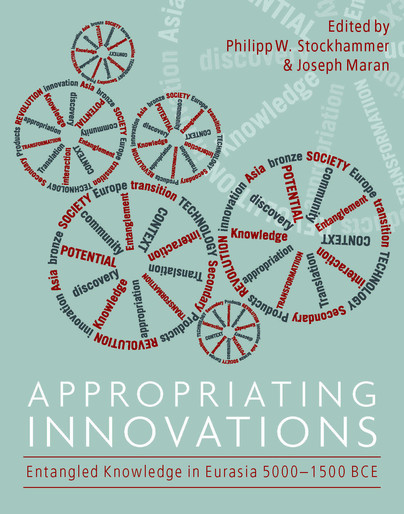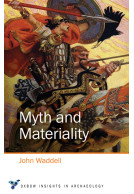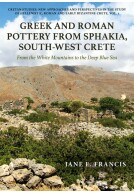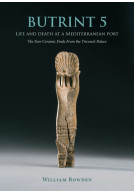Appropriating Innovations (Hardback)
Entangled Knowledge in Eurasia, 5000‒1500 BCE
Imprint: Oxbow Books
Pages: 296
Illustrations: b/w and colour
ISBN: 9781785707247
Published: 30th September 2017
Script Academic & Professional
Pages: 296
Illustrations: b/w and colour
ISBN: 9781785707247
Published: 30th September 2017
Script Academic & Professional
You'll be £9.95 closer to your next £10.00 credit when you purchase Appropriating Innovations. What's this?
+£4.99 UK Delivery or free UK delivery if order is over £40
(click here for international delivery rates)
Order within the next 4 hours, 4 minutes to get your order processed the next working day!
Need a currency converter? Check XE.com for live rates
(click here for international delivery rates)
Order within the next 4 hours, 4 minutes to get your order processed the next working day!
Need a currency converter? Check XE.com for live rates
The question of how to conceptualize the role of technological innovations is of crucial importance for understanding the mechanisms and rhythms of long-term cultural change in prehistoric and early historic societies. The changes that have come about have often been modelled as gradual and linear, innovations have been considered positively as a progress in the development of humankind and the focus has been on the localisation of the origin of innovations and the routes of their spread.
Appropriating Innovations goes beyond the current discussion by shedding light on condition that may facilitate the rapid spread of technological innovation and on processes involved in the integration of new technologies into the life world of the appropriating societies. In particular, papers concentrate on two key innovations, namely the transmission of the various components of the so-called “Secondary Products Revolution” in parts of the Near East and Europe during the 4th millennium BCE and the appropriation of early bronze casting technology, which spread from the Near East to Europe and China in the late 3rd and early 2nd millennium BCE.
Of particular interest is non-technological knowledge that is transmitted together with the technological, the latter being always deeply interconnected with the communication of social practices, ideas and myths. The acceptance of new technologies, therefore, requires the willingness to change existing world views and modify them due to the potentials and problems which are connected with the new technology.
Contributions, therefore, concentrate on the conditions facilitating or hindering the spread of innovations and the transformative power of these innovations in the appropriating society. They analyse how the introduction of novel technologies and the associated non-technological knowledge led to a transformation of existing economic systems and the underlying social orders in Late Neolithic, Chalcolithic and Early Bronze Age Eurasia by integrating innovative methodological approaches and contextual studies.
Other titles in Oxbow Books...















